Lavagem Industrial / Artigos
Pré-lavagem: é mesmo necessária?
A pré-lavagem remove a sujidade de maiores dimensões e prepara uma lavagem mais rápida. Mas será mesmo necessária?
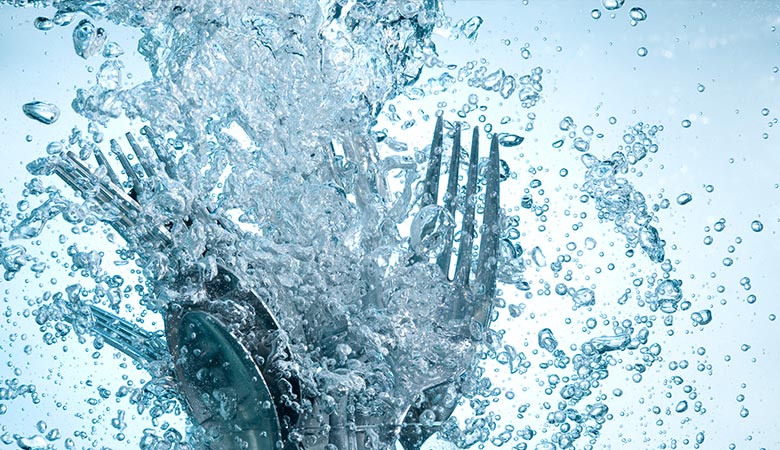
 11 minutos de leitura
11 minutos de leitura
2023-06-23 07:52:44
A lavagem industrial não eficaz pode provocar consequências graves ao nível da saúde pública, sendo especialmente importante na indústria alimentar. Estima-se que a contaminação alimentar esteja na origem de 420.000 mortes em todo o mundo, e a pré-lavagem garante a correta higienização e a segurança dos equipamentos e produtos, quando a lavagem habitual não é suficientemente eficaz. Descubra a verdadeira importância da pré-lavagem e como a realizar sem esforço.
O que é a pré-lavagem?
A pré-lavagem é um processo realizado em diversos setores industriais antes da lavagem principal de utensílios. O objetivo é remover a gordura ou a sujidade incrustada, desidratada, carbonizada por altas temperaturas de forno ou de cozedura de forma a facilitar a lavagem completa.
Em padarias, pastelarias, cozinhas centrais, indústrias de fumeiro e indústrias de pré-cozinhados, assim como em hospitais e indústrias farmacêuticas, a pré-lavagem é frequentemente aplicada em equipamentos que entram em contacto com alimentos, como tabuleiros e carrinhos industriais. Este processo garante uma limpeza mais eficiente e ajuda a prevenir contaminações cruzadas entre diferentes lotes de produção ou entre diferentes tipos de produtos.
É mesmo necessário fazer pré-lavagem?
Numa palavra, não, se for utilizada a tecnologia certa. Dito doutro modo, não é necessário fazer pré-lavagem manual quando se conta com equipamentos que, pela sua eficácia de lavagem, dispensam a pré-lavagem.
É o caso da MultiWasher, uma máquina de lavagem industrial de última geração projetada de forma que não seja necessário fazer pré-lavagem manual. Este equipamento, dada a sua capacidade de remoção de resíduos durante a lavagem, dispensa a pré-lavagem, poupando assim tempo, água e energia. Tal acontece devido com recurso a altas temperaturas e pressão de água. Essa tecnologia combina o poder do calor, pressão e direcionamento preciso da água para remover os resíduos e contaminantes de equipamentos e superfícies.
Como a MultiWasher evita a pré-lavagem?
O processo de pré-lavagem automática e integrada da MultiWasher consegue atingir níveis de higienização perfeita graças à conjugação de vários processos em simultâneo.
- Utilização de altas temperaturas. A lavagem a altas temperaturas ajuda a dissolver e libertar gordura, óleos e resíduos de alimentos, tornando-os mais fáceis de serem removidos. Além disso, o calor também ajuda a desinfetar as superfícies, eliminando microrganismos patogénicos e reduzindo o risco de contaminação.
- Alta pressão de água. A força mecânica e precisa auxilia na remoção dos resíduos. A pressão da água pode ser configurada conforme a necessidade, permitindo que diferentes níveis de sujidade sejam tratados de forma personalizada. Este processo é particularmente eficaz quando não é fácil aceder aos resíduos ou quando estão acumulados em superfícies irregulares.
- Lavagem em cabine fechada. Ao conter o processo dentro de uma estrutura fechada, é possível controlar melhor o ambiente de limpeza, minimizando a dispersão dos resíduos e a exposição dos trabalhadores a agentes químicos ou contaminantes. Além disso, a cabine fechada ajuda a reter o calor, maximizando o efeito da temperatura no processo de limpeza.
Quais as vantagens de optar por equipamentos com pré-lavagem integrada?
Existem várias vantagens de contar com equipamentos industriais que já integram a pré-lavagem automática, como é o caso da MultiWasher. Destacamos os principais benefícios.
1. Redução significativa do tempo
Uma das principais vantagens é a redução significativa do tempo necessário para lavar utensílios. A pré-lavagem manual geralmente exige a mobilização de recursos humanos dedicados, que podem ser direcionados para outras tarefas mais produtivas se a pré-lavagem for automatizada. Ao eliminar a necessidade de pré-lavagem manual, as empresas podem acelerar os seus processos produtivos, reduzindo o tempo de inatividade e aumentando a capacidade de produção.
2. Poupança de água, energia e detergente
A automatização da pré-lavagem industrial também resulta em poupança de recursos, como água, energia e produtos de lavagem. Os equipamentos com pré-lavagem automática são projetados para otimizar o uso desses recursos, garantindo uma pré-lavagem eficiente e sustentável. Os sistemas automatizados são capazes de dosear e controlar, com precisão, a quantidade de água e produtos necessários, evitando desperdício e reduzindo os custos operacionais.
3. Melhoria da qualidade da lavagem
Um outro aspeto importante a considerar é a melhoria da qualidade da lavagem. A pré-lavagem manual pode ser suscetível a erros humanos e inconsistências, que resultam em resíduos e contaminação. Com a automatização, os equipamentos são programados para executar a pré-lavagem de maneira padronizada e controlada, garantindo uma limpeza mais eficaz e uniforme. Isto é especialmente relevante em setores como o alimentar, onde a higienização é fundamental para a segurança dos produtos e para a conformidade com as normas regulamentares.
4. Saúde e segurança dos trabalhadores
Além das vantagens mencionadas, a utilização de equipamentos que não requerem pré-lavagem manual também pode contribuir para a saúde e segurança dos trabalhadores. A pré-lavagem manual pode envolver a manipulação de substâncias químicas agressivas e a exposição a ambientes de trabalho húmidos e escorregadios. Ao eliminar ou reduzir esta tarefa manual, as empresas podem minimizar os riscos de acidentes e doenças ocupacionais, criando um ambiente de trabalho mais seguro e saudável.
Que tipos de pré-lavagem manual existem para situações extremas?
Embora a pré-lavagem integrada automática seja altamente eficiente na grande maioria dos casos, podem existir situações extremas em que a pré-lavagem manual ainda seja necessária. Por exemplo, se os utensílios estiverem excessivamente contaminados com substâncias difíceis de remover, ou se a sujidade estiver localizada em superfícies de difícil acesso, a pré-lavagem manual pode ser útil.
A MultiWasher pode sempre ser utilizada para responder na perfeição à grande maioria das necessidades, enquanto a pré-lavagem manual pode ser usada apenas em áreas ou em casos extremos e específicos que exigem atenção adicional.
Os tipos mais comuns de pré-lavagem manual incluem:
1. Pré-lavagem por imersão
Neste tipo de pré-lavagem, os objetos ou peças a serem lavados são imersos num recipiente que contém uma solução de pré-lavagem. A imersão permite que o produto químico penetre na sujidade, dissolvendo-a antes da lavagem principal. Este método é geralmente utilizado em indústrias alimentares e metalúrgicas.
2. Pré-lavagem por aspersão
Através deste método, uma solução de pré-lavagem é pulverizada sobre os objetos ou peças a lavar. A solução ajuda a libertar e a remover a sujidade maior antes da lavagem principal. Este método é geralmente utilizado em indústrias que trabalham com peças de grandes dimensões.
3. Pré-lavagem por jatos
Este tipo de pré-lavagem envolve a utilização de jatos de água de alta pressão ou ar comprimido para remover a sujidade e resíduos antes da lavagem principal. Este método é eficaz na remoção de sujidades incrustadas, como tintas, vernizes e resíduos endurecidos. Por isso, é geralmente utilizado em indústrias de metalurgia e construção.
4. Pré-lavagem química
Em alguns casos, a pré-lavagem envolve a aplicação de produtos químicos específicos para libertar e dissolver a sujidade antes da lavagem principal. Estes produtos podem incluir detergentes alcalinos ou ácidos, dependendo do tipo de sujidade a ser removida. Este método é comum nas indústrias alimentares, farmacêuticas e químicas.
MultiWasher, a máquina de lavar industrial que já integra a pré-lavagem
A MultiWasher já está a fazer a diferença em vários setores, especialmente nas indústrias de catering e padaria, onde a qualidade e eficiência da lavagem são fatores críticos de sucesso. Os equipamentos que entram em contacto com alimentos - como tabuleiros de bolos e de pão, carrinhos industriais de forno de padaria/de fumeiro e gastronorms – o padrão europeu para bandejas e recipientes de utensílios de cozinha) – passam pelo processo integrado de lavagem automática e profunda. No final, saem da máquina perfeitamente limpos, secos e prontos a usar, com total segurança e sem esforço.
Assim, as empresas podem saltar a etapa da pré-lavagem manual e obter resultados irrepreensíveis. Além disso, poupam tempo, esforço, mão de obra e reduzem o consumo de água, energia e detergente.
Veja este equipamento em ação e comprove o impacto que a MultiWasher pode ter na sua empresa. Contacte-nos e descubra como elevar à perfeição os seus processos de lavagem industrial.
Também pode gostar
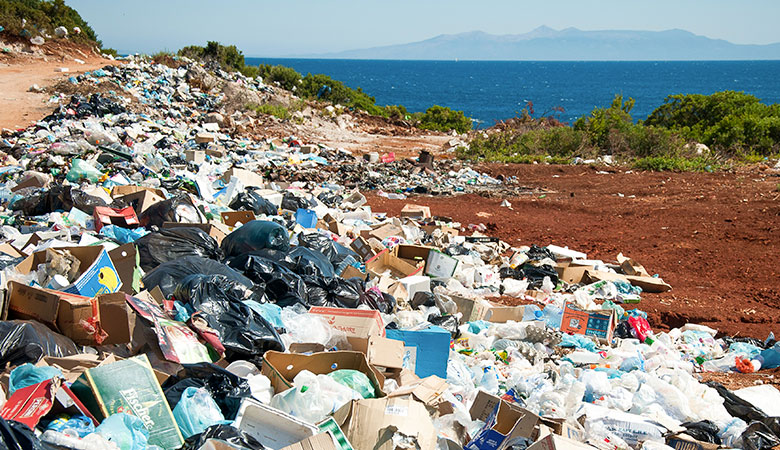
Lavagem Industrial / Artigos
Mensagem numa garrafa: o que é a gestão de resíduos?
Descubra o que é a gestão de resíduos, porque é importante e como pode beneficiar a sua empresa.
Postado em 2022-09-22
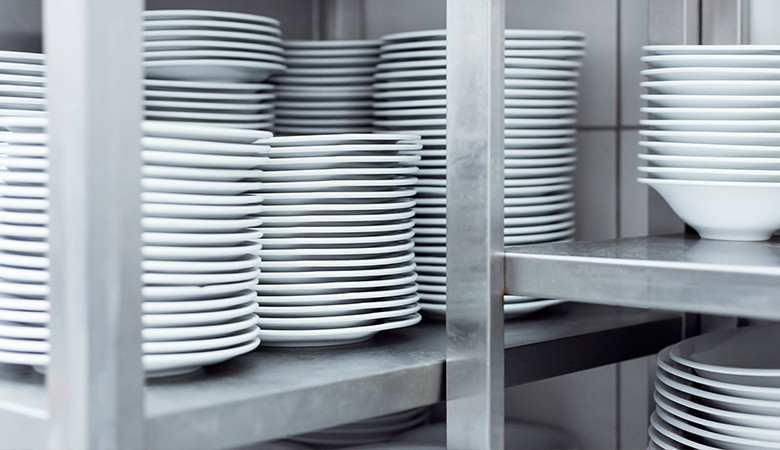
Lavagem Industrial / Artigos
Máquinas de lavar loiça comerciais: como fazer um investimento brilhante
Descubra como a máquina de lavar loiça comercial certa pode facilitar os seus processos de lavagem, poupando tempo, água e preocupações.
Postado em 2025-02-25

Lavagem Industrial / Artigos
Muito mais que IA: 5 grandes tendências para o retalho
Descubra as 5 grandes tendências para o retalho que nenhuma empresa deve deixar passar em claro, da Inteligência Artificial à sustentabilidade.
Postado em 2024-01-03
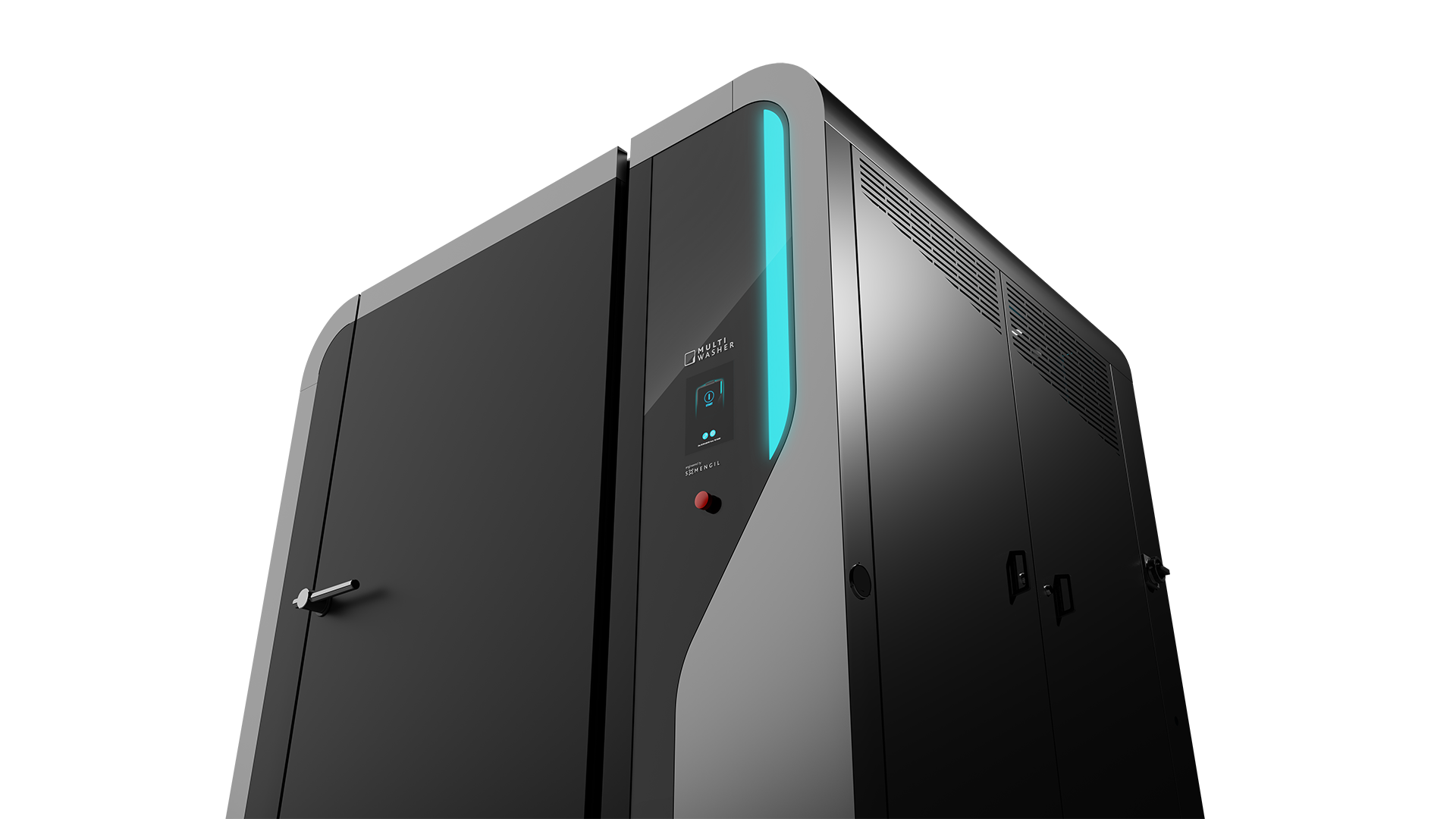
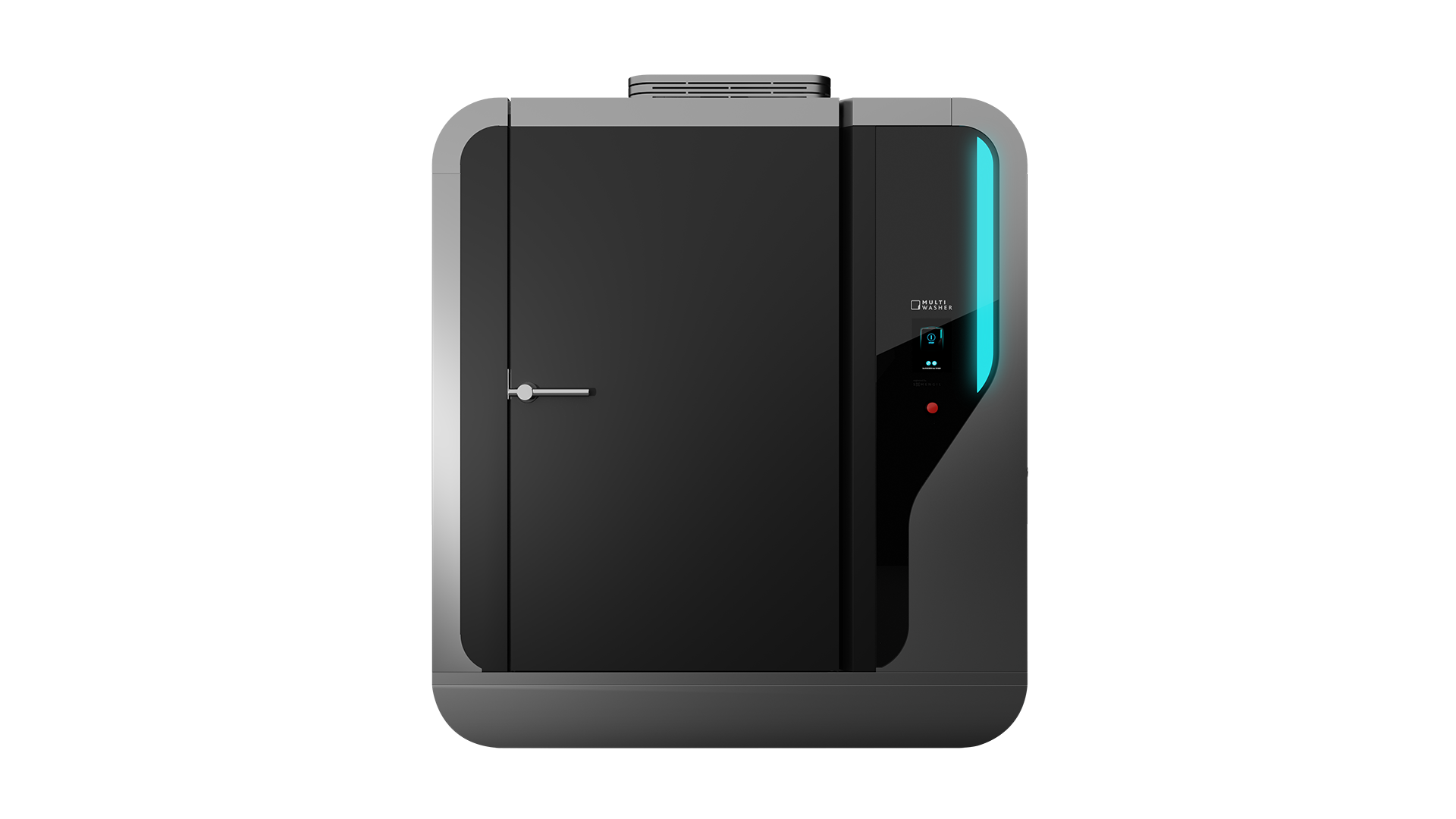
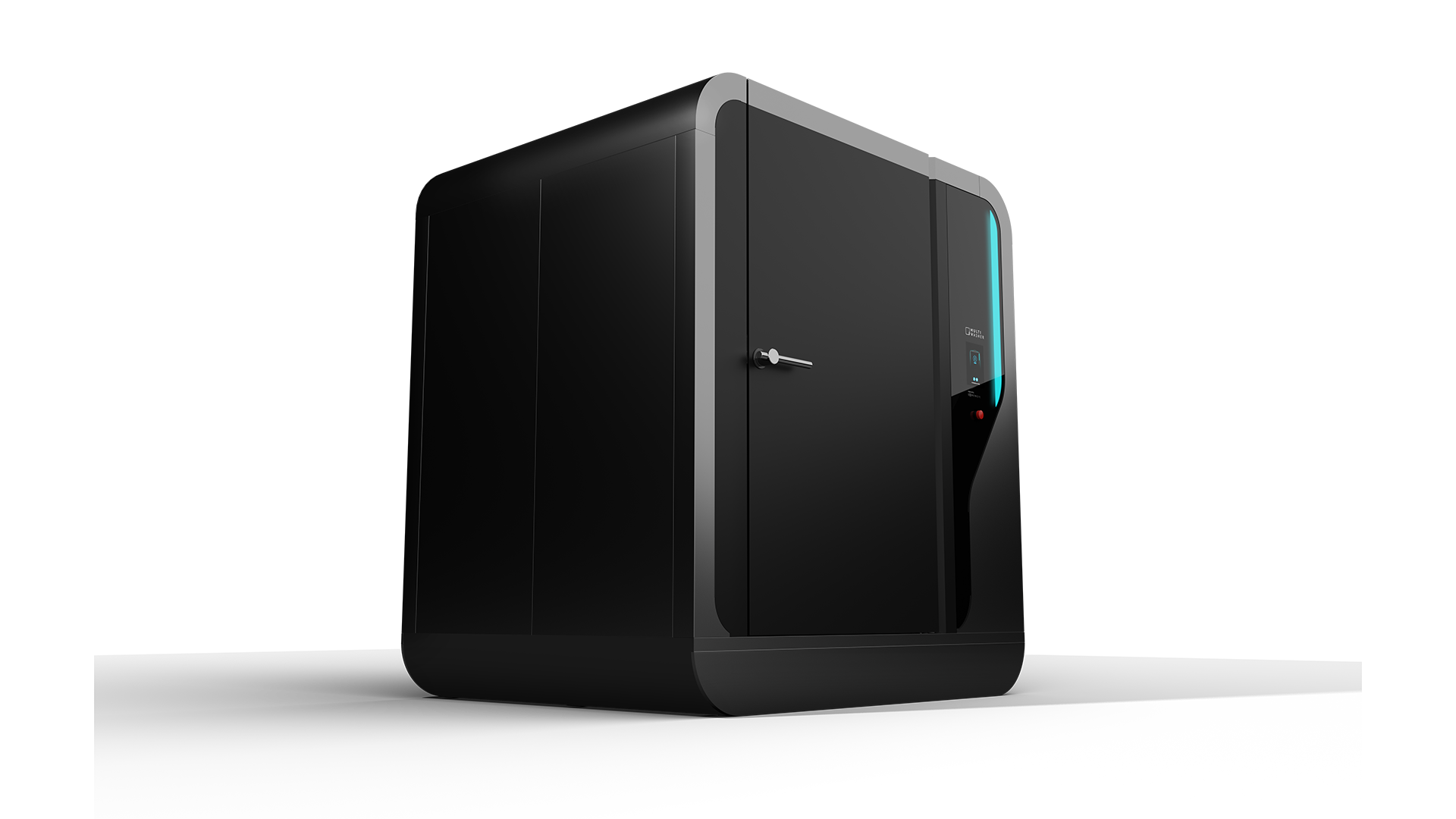
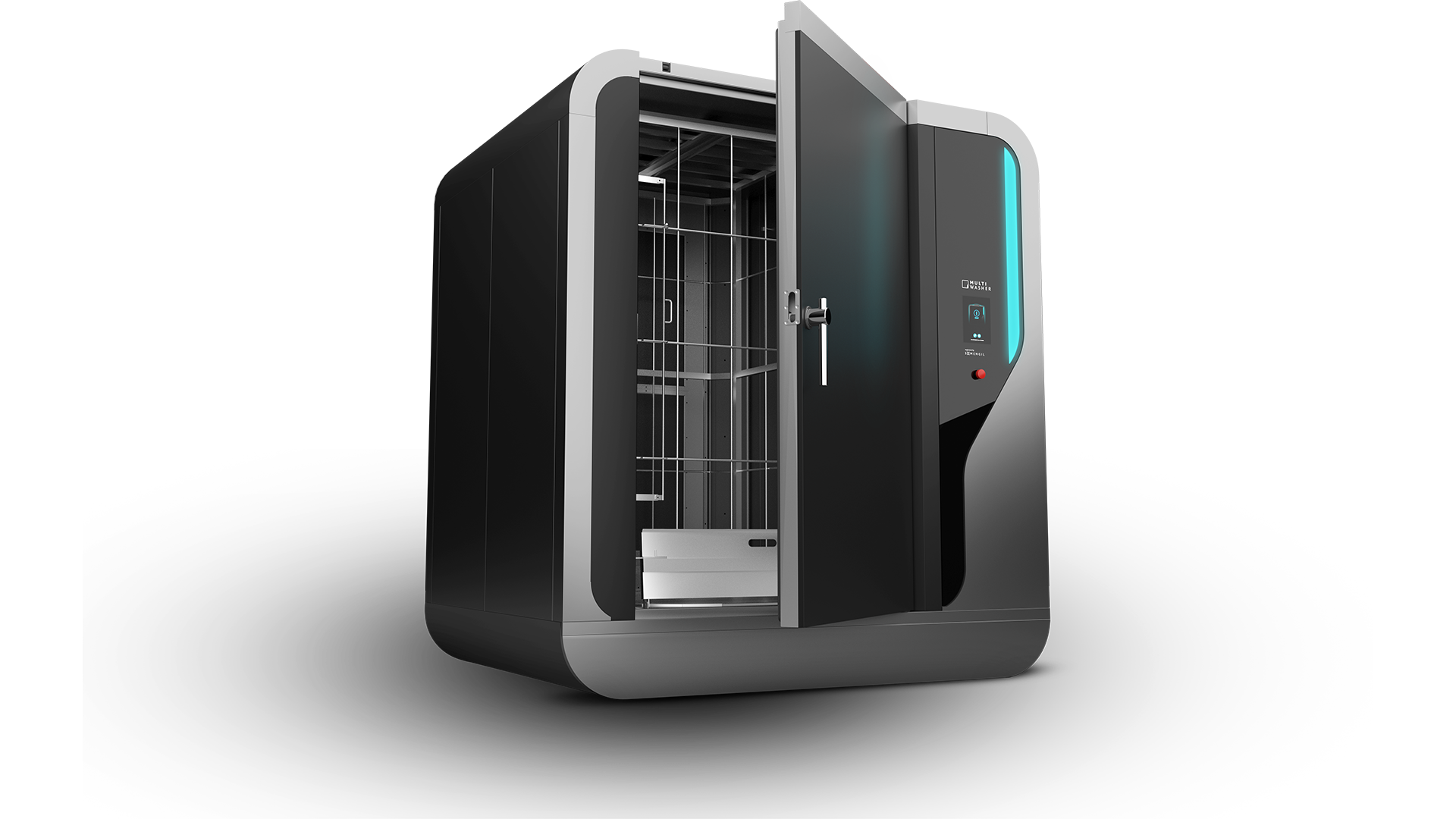
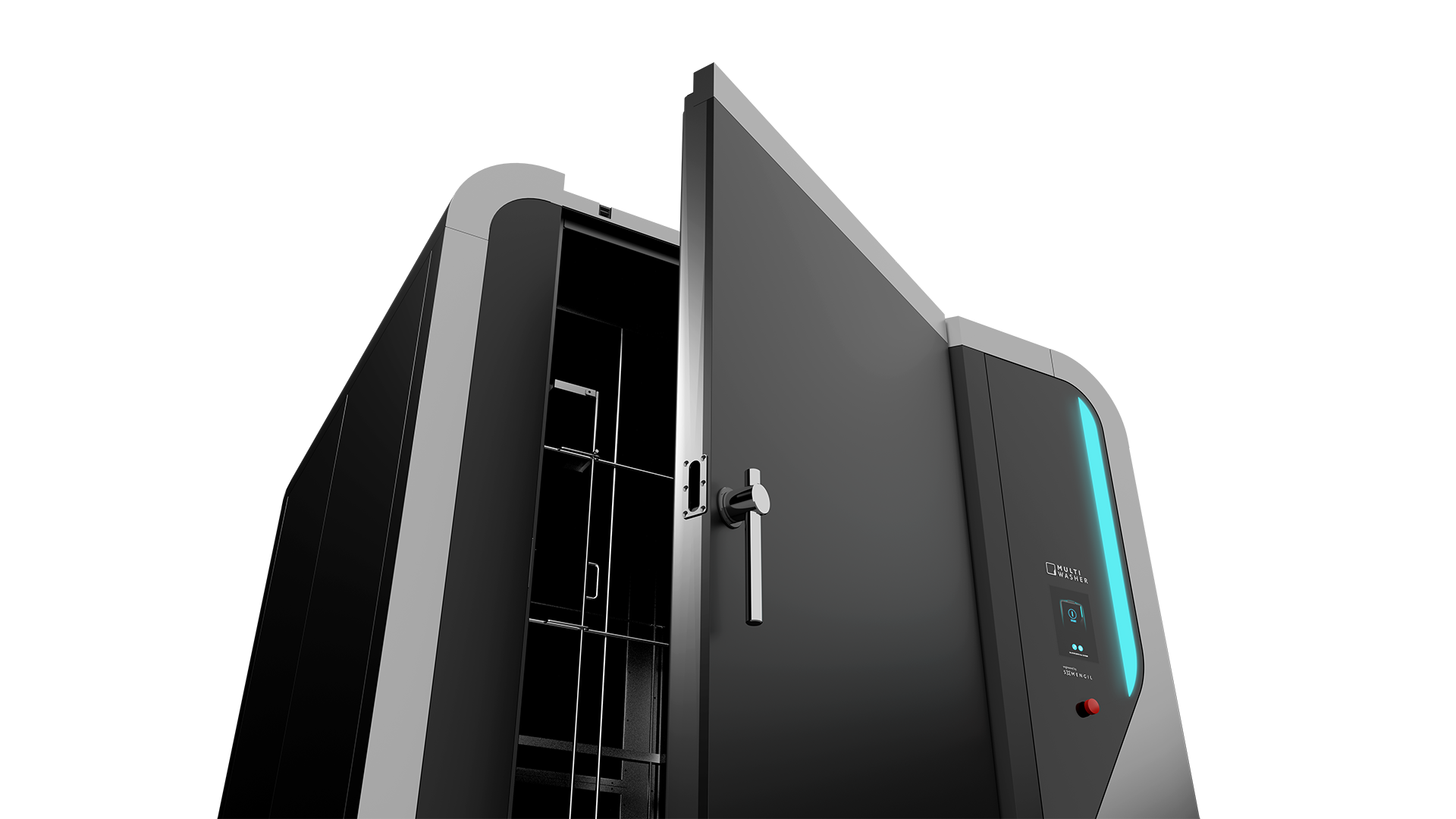
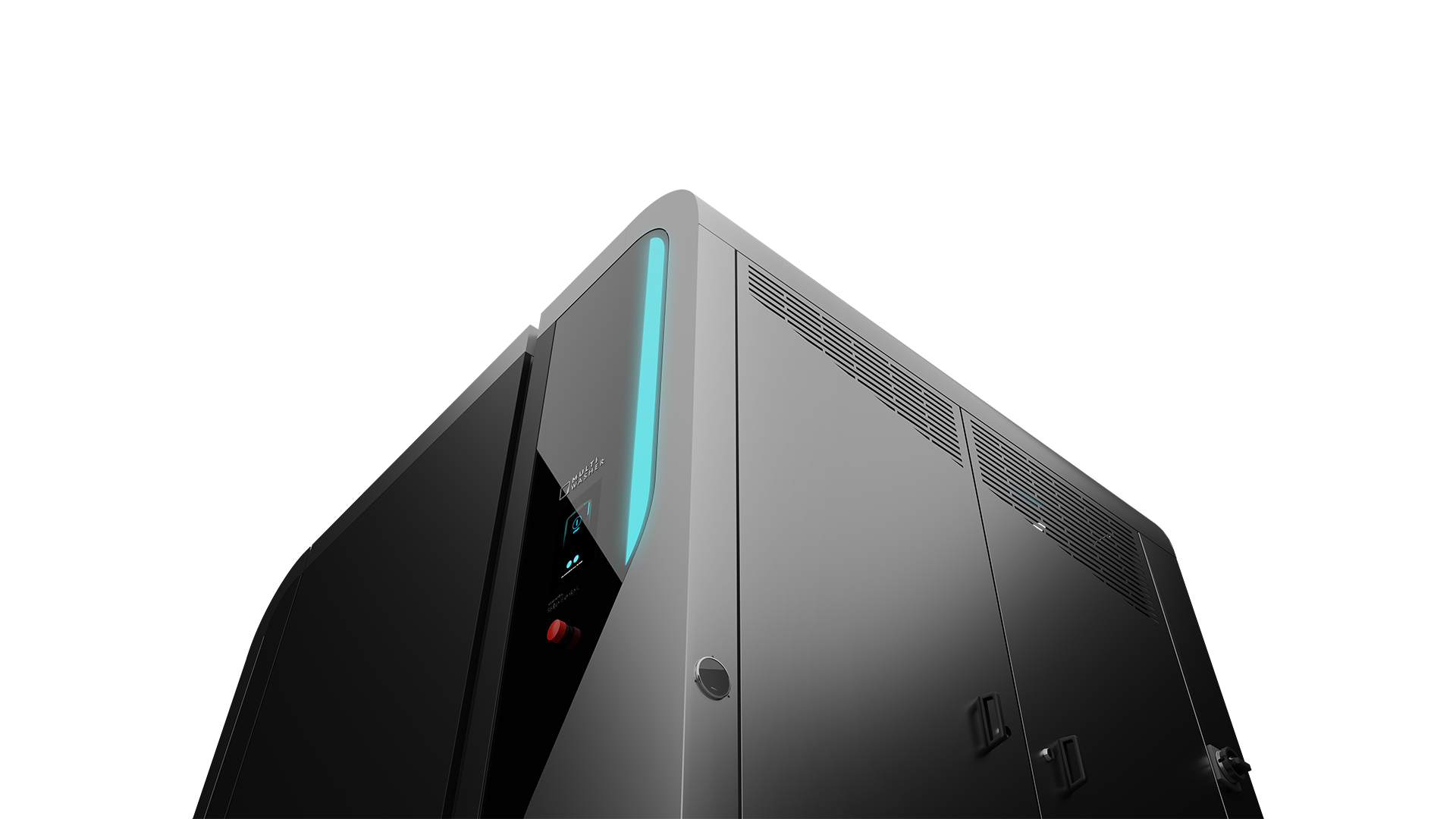
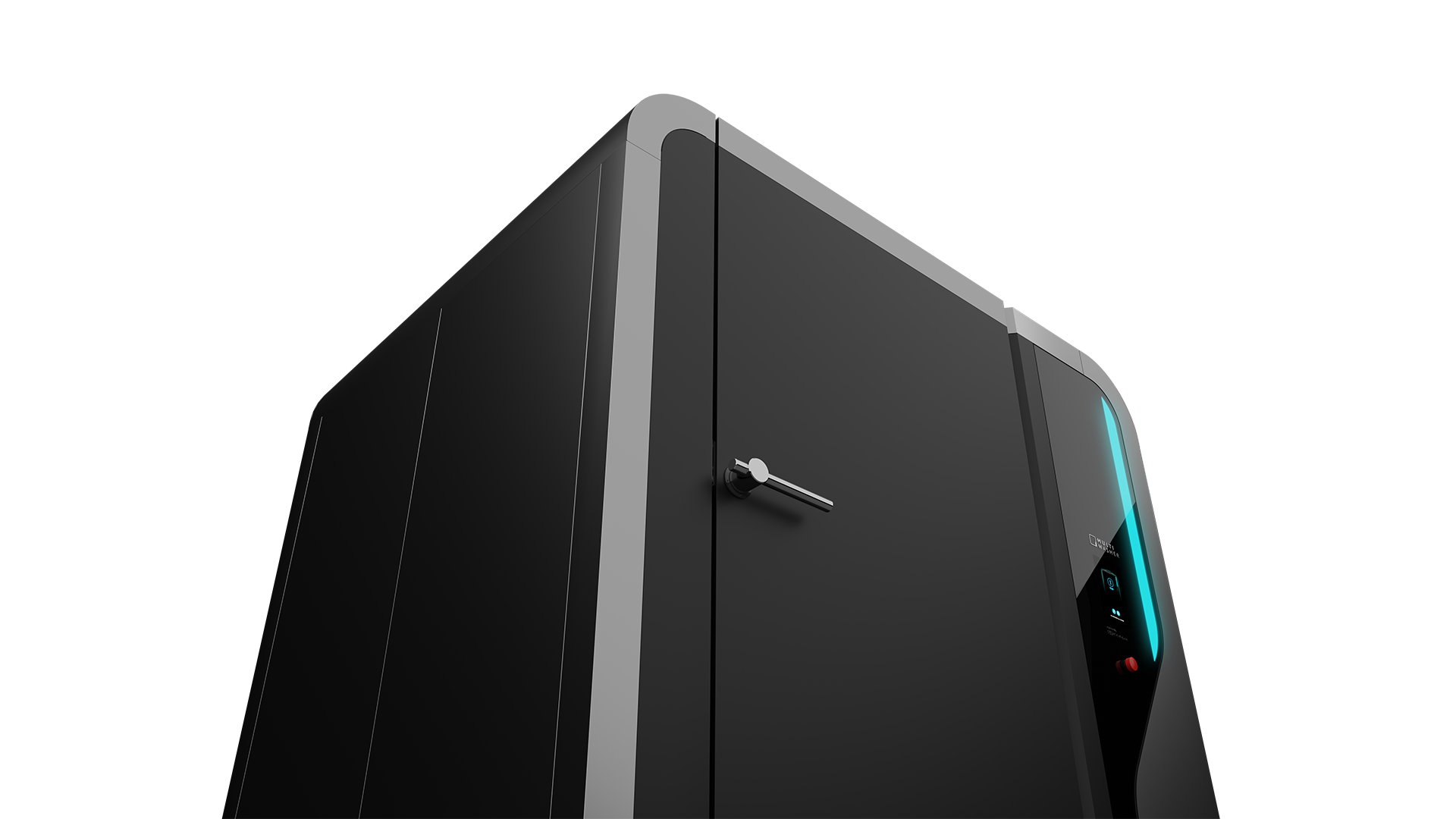
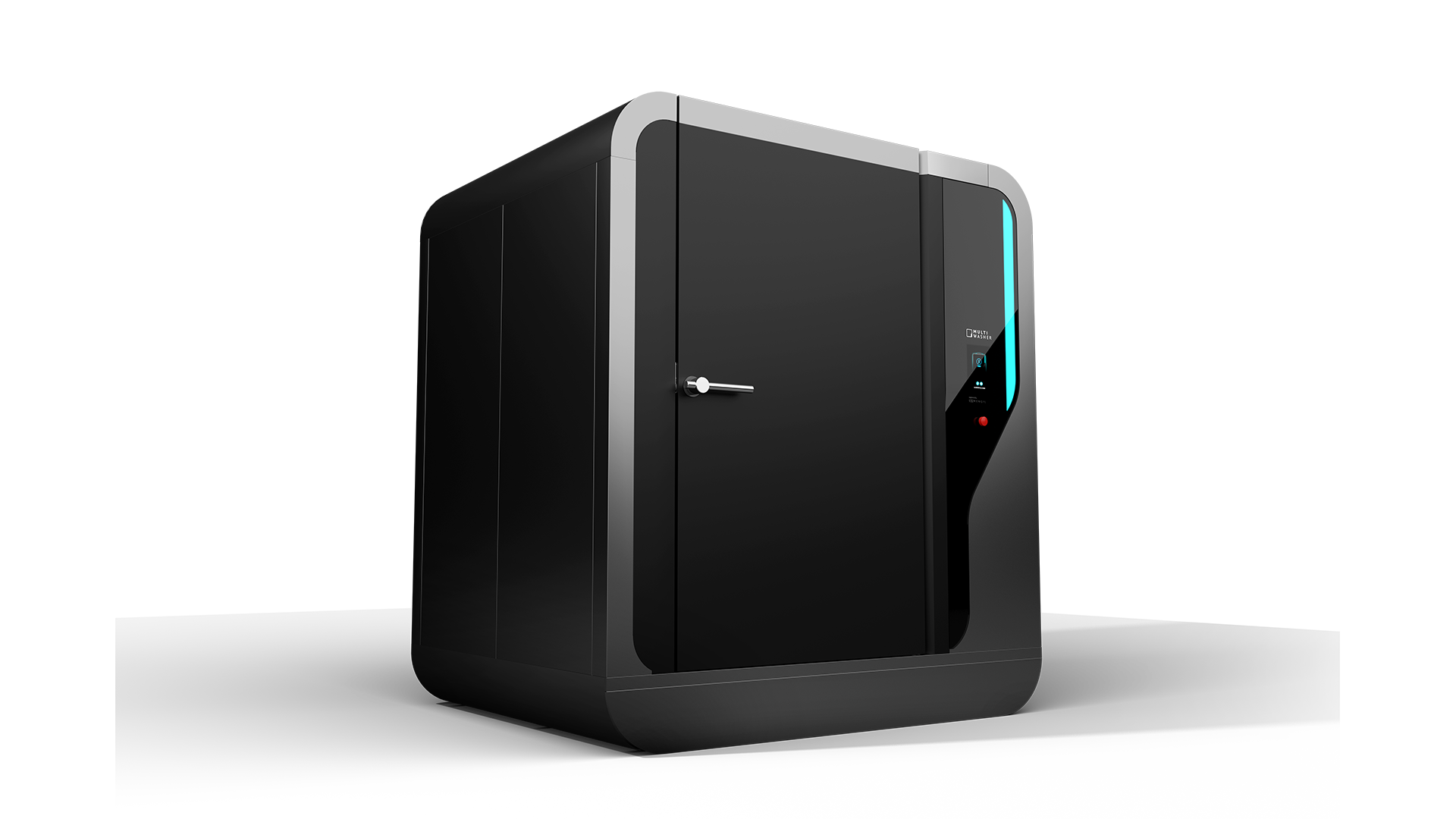
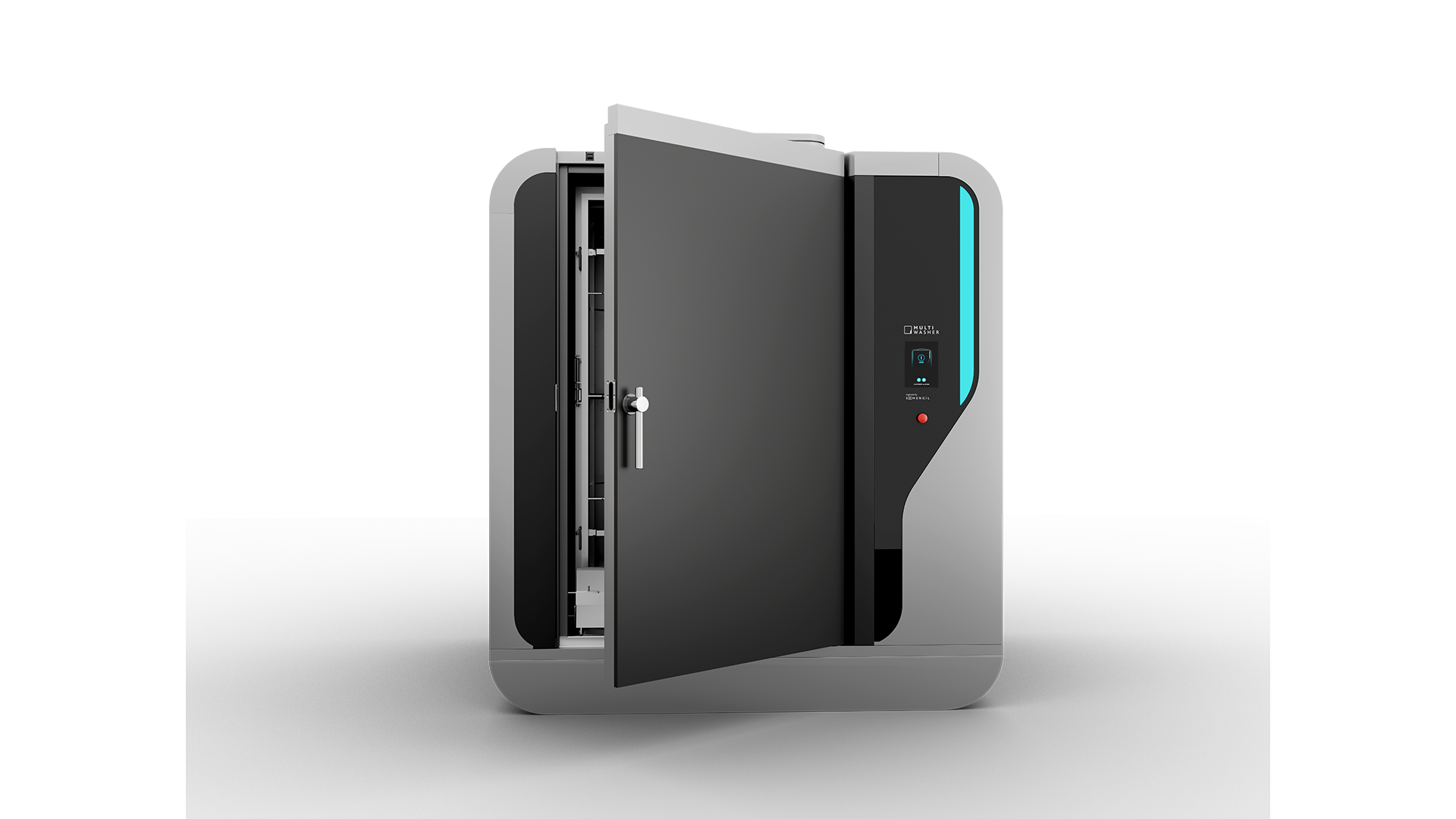
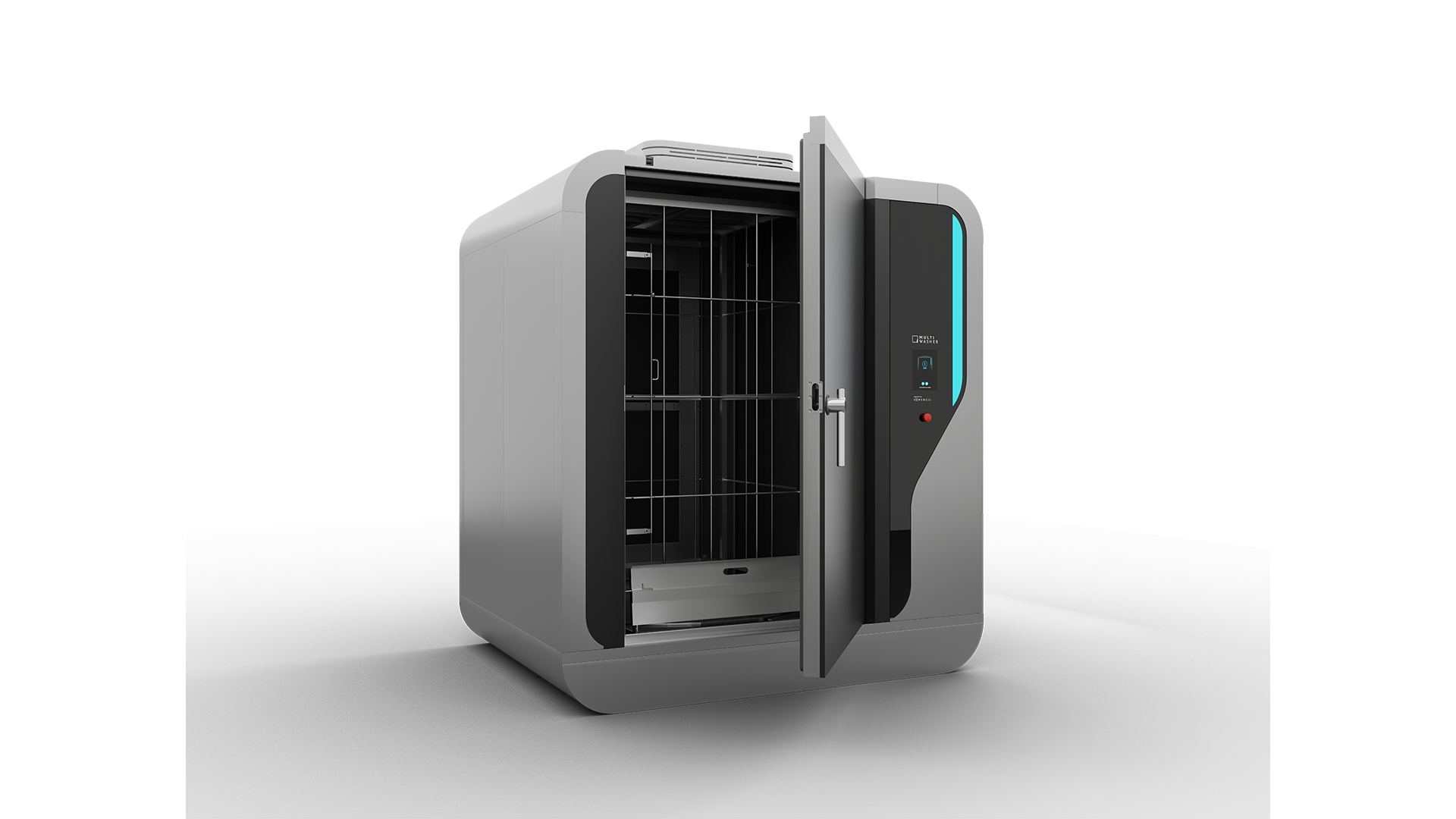
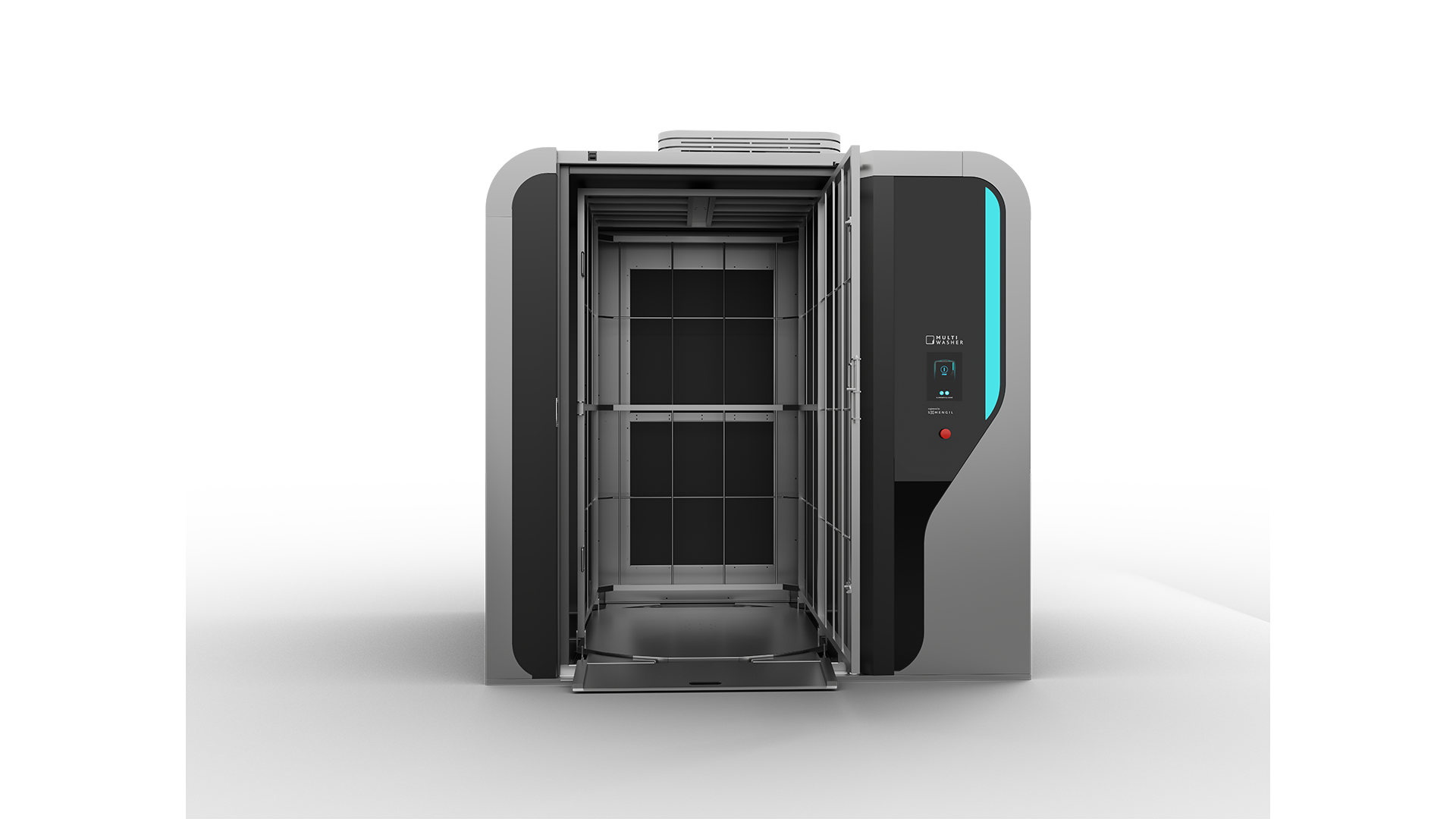
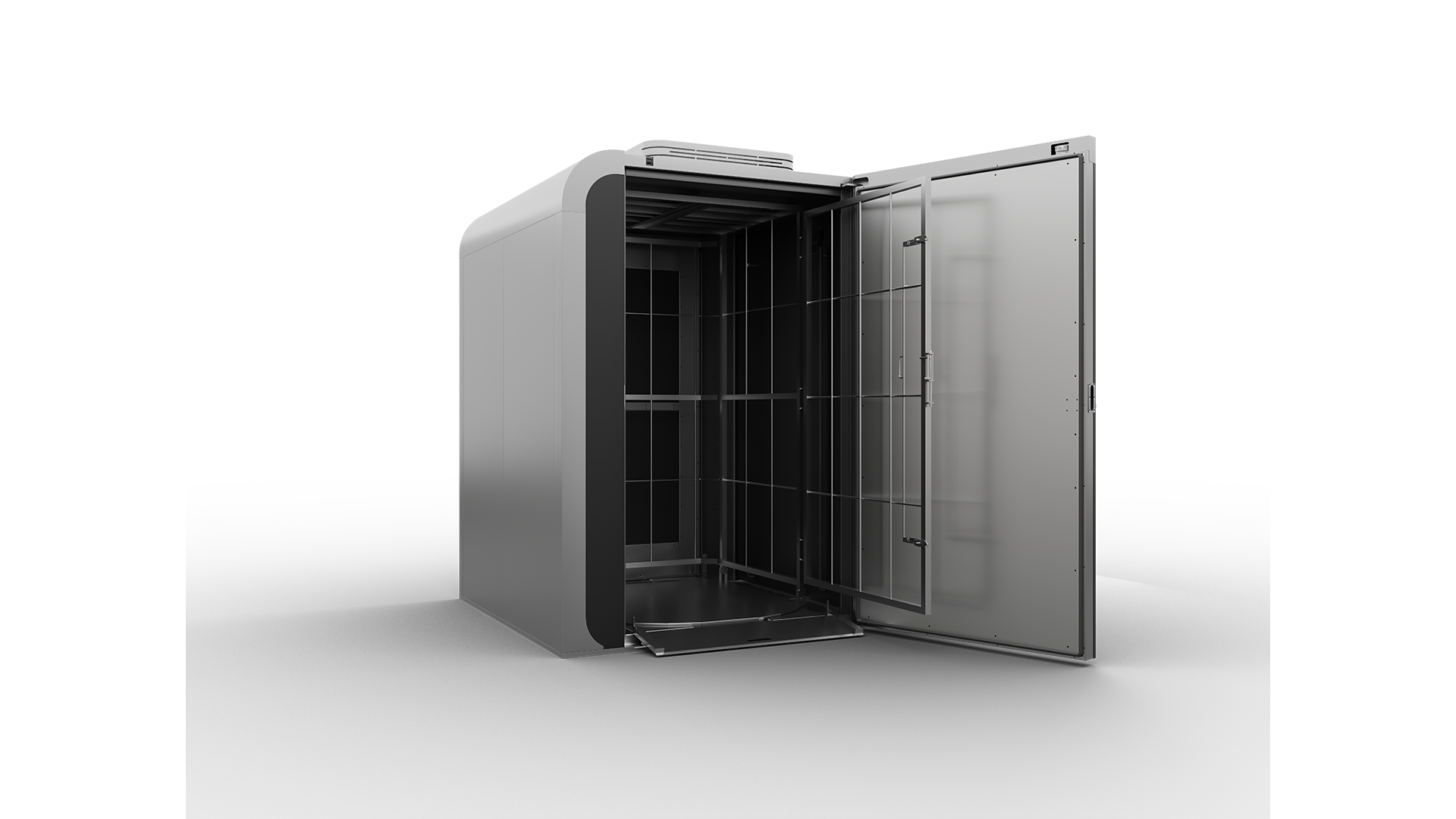
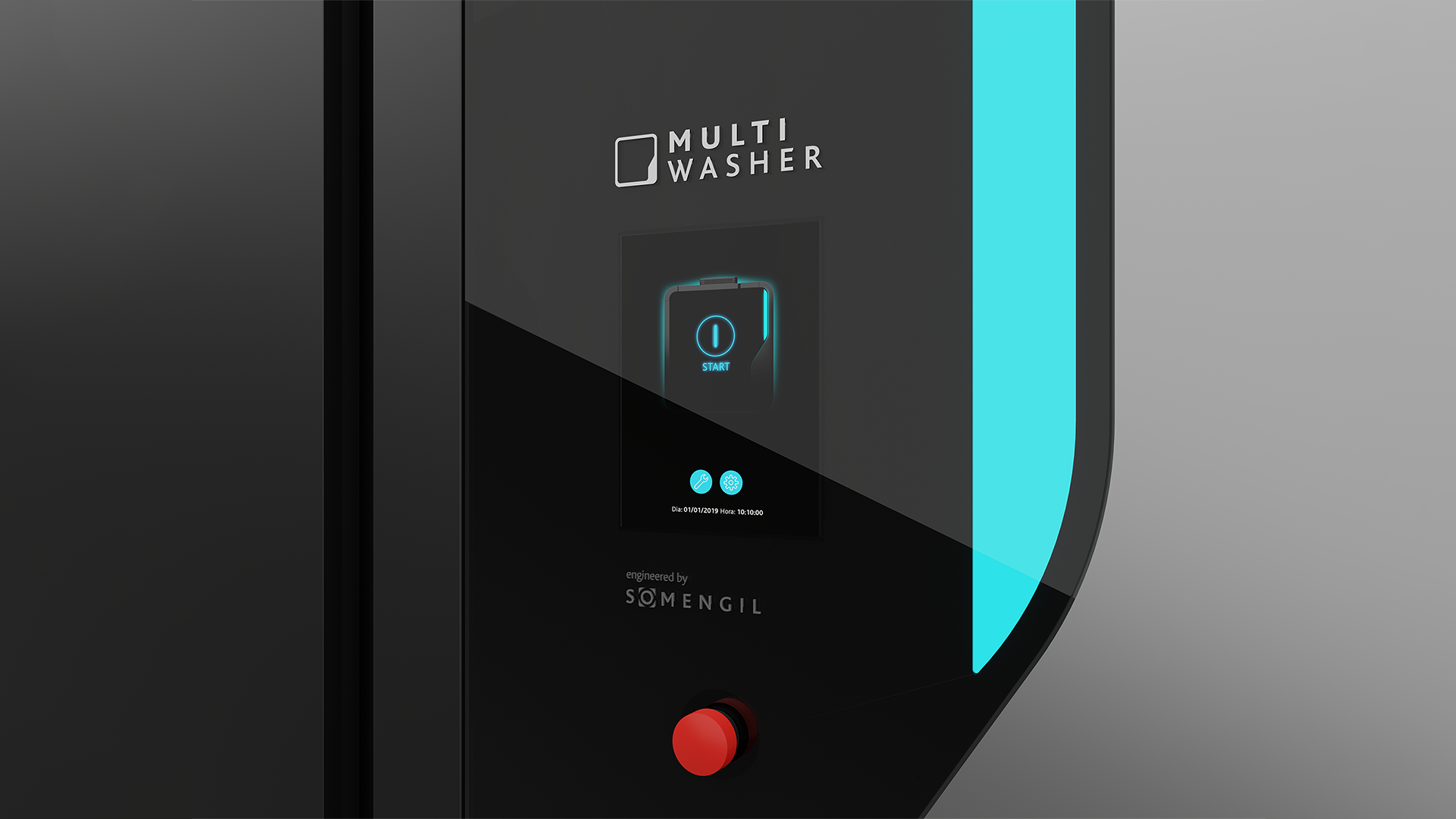
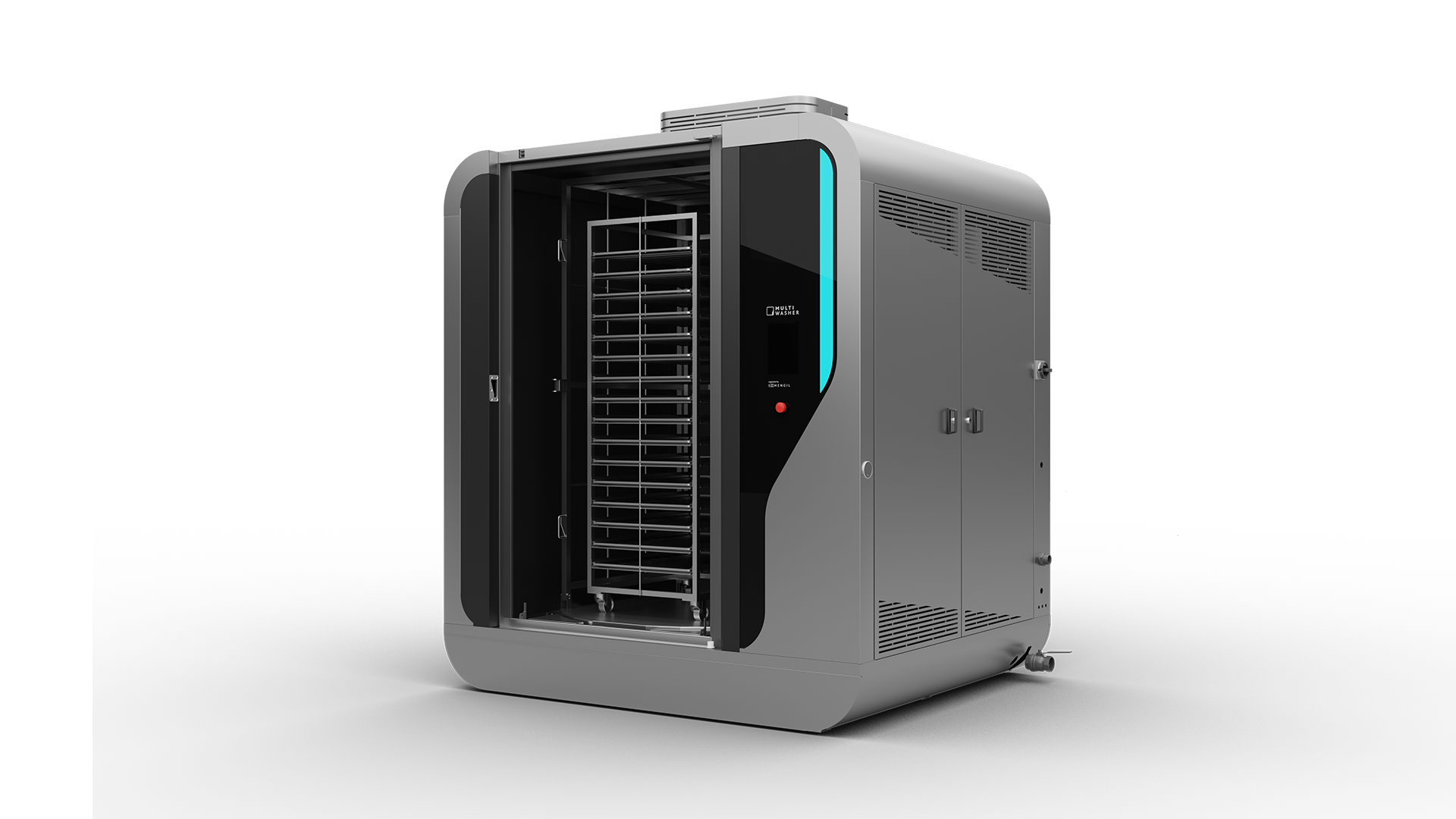
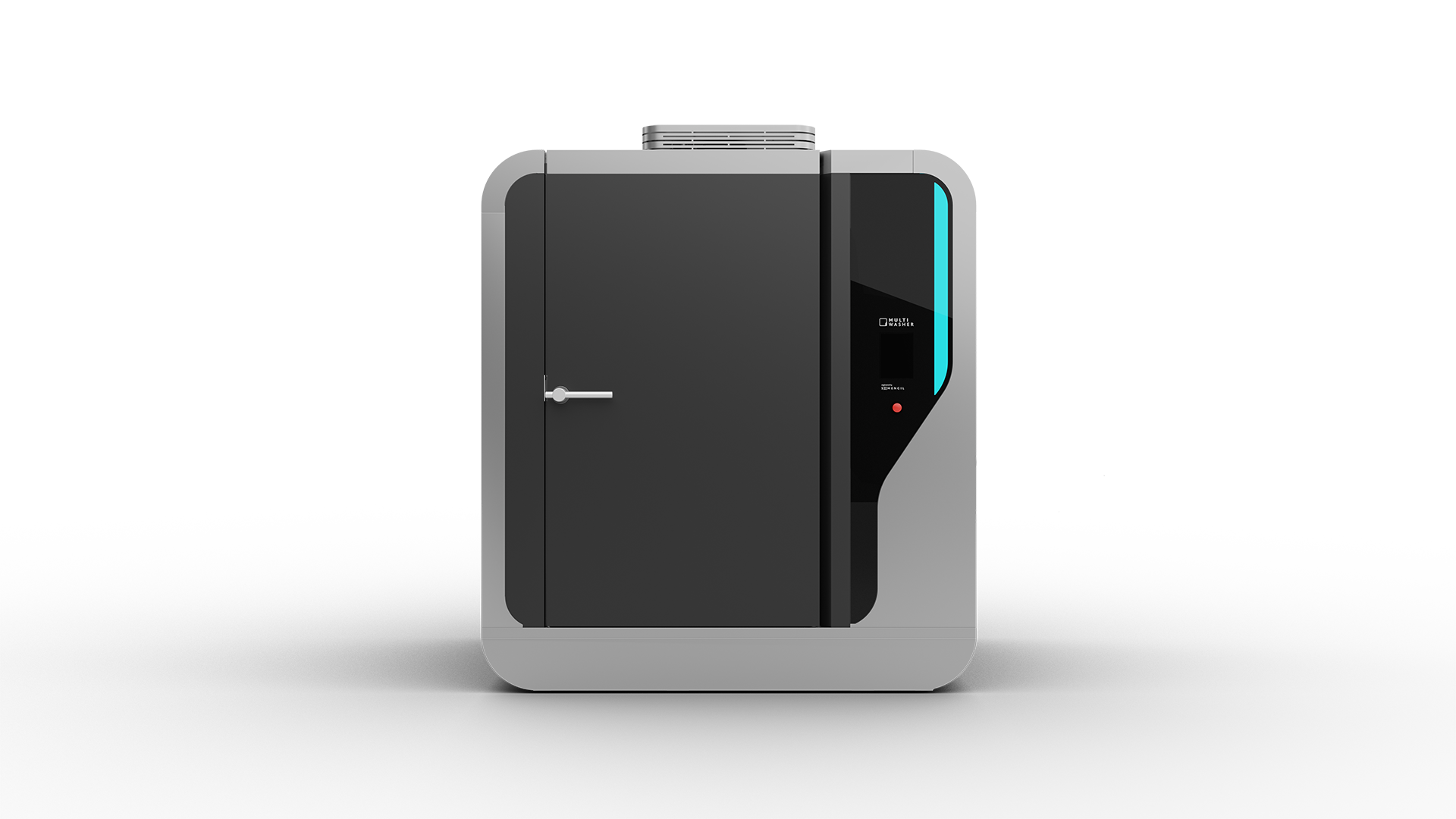

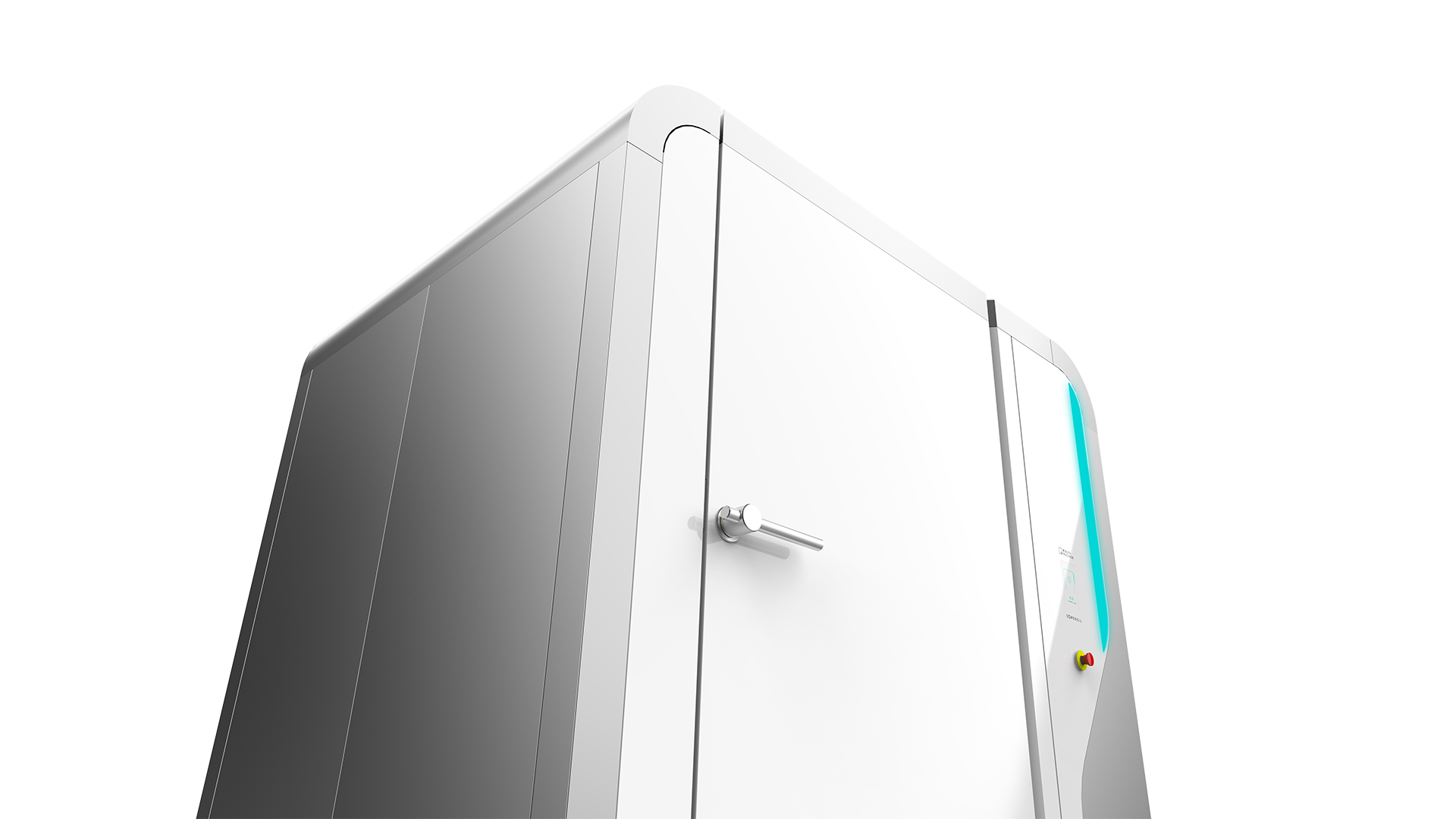
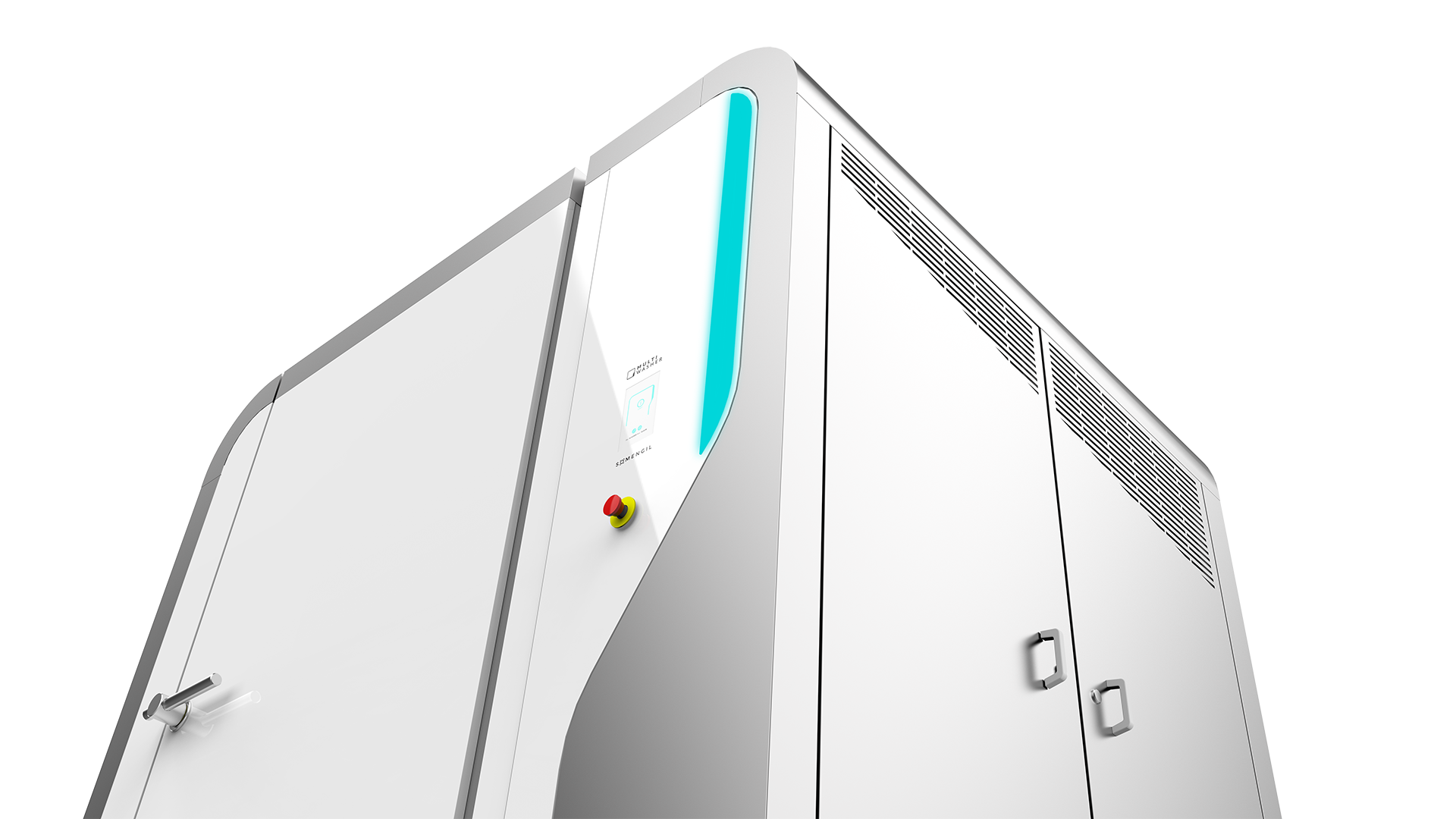
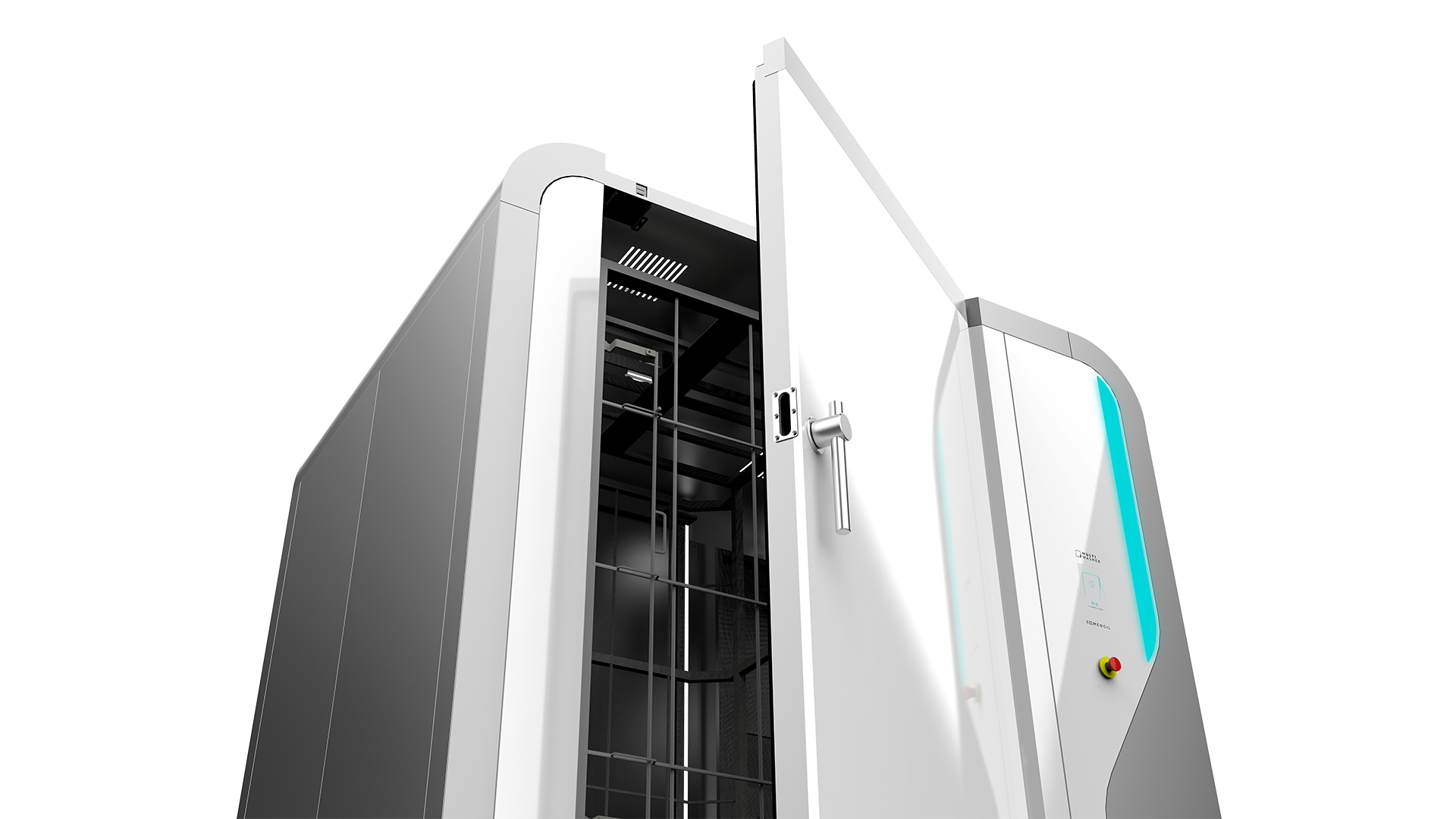
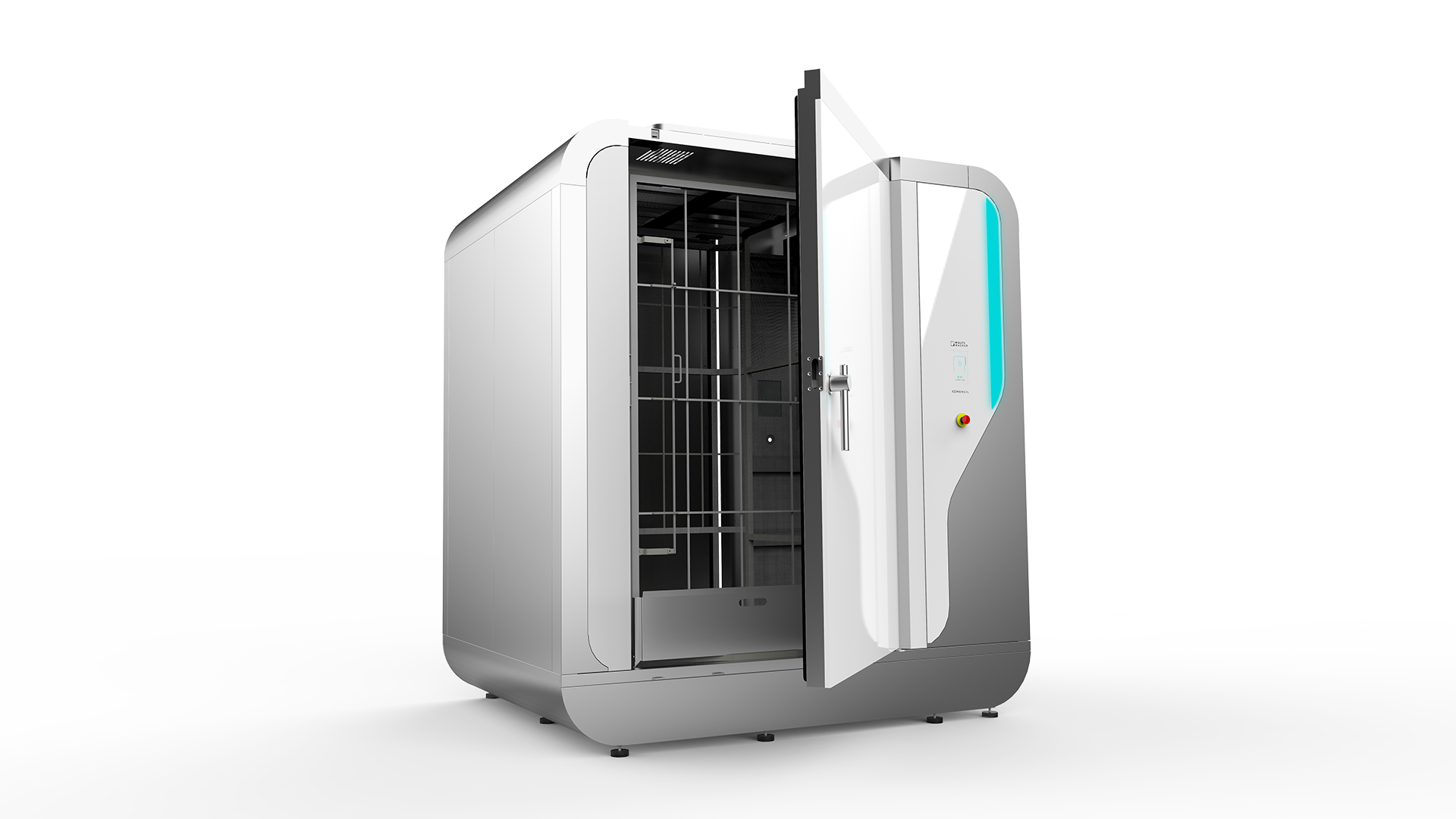
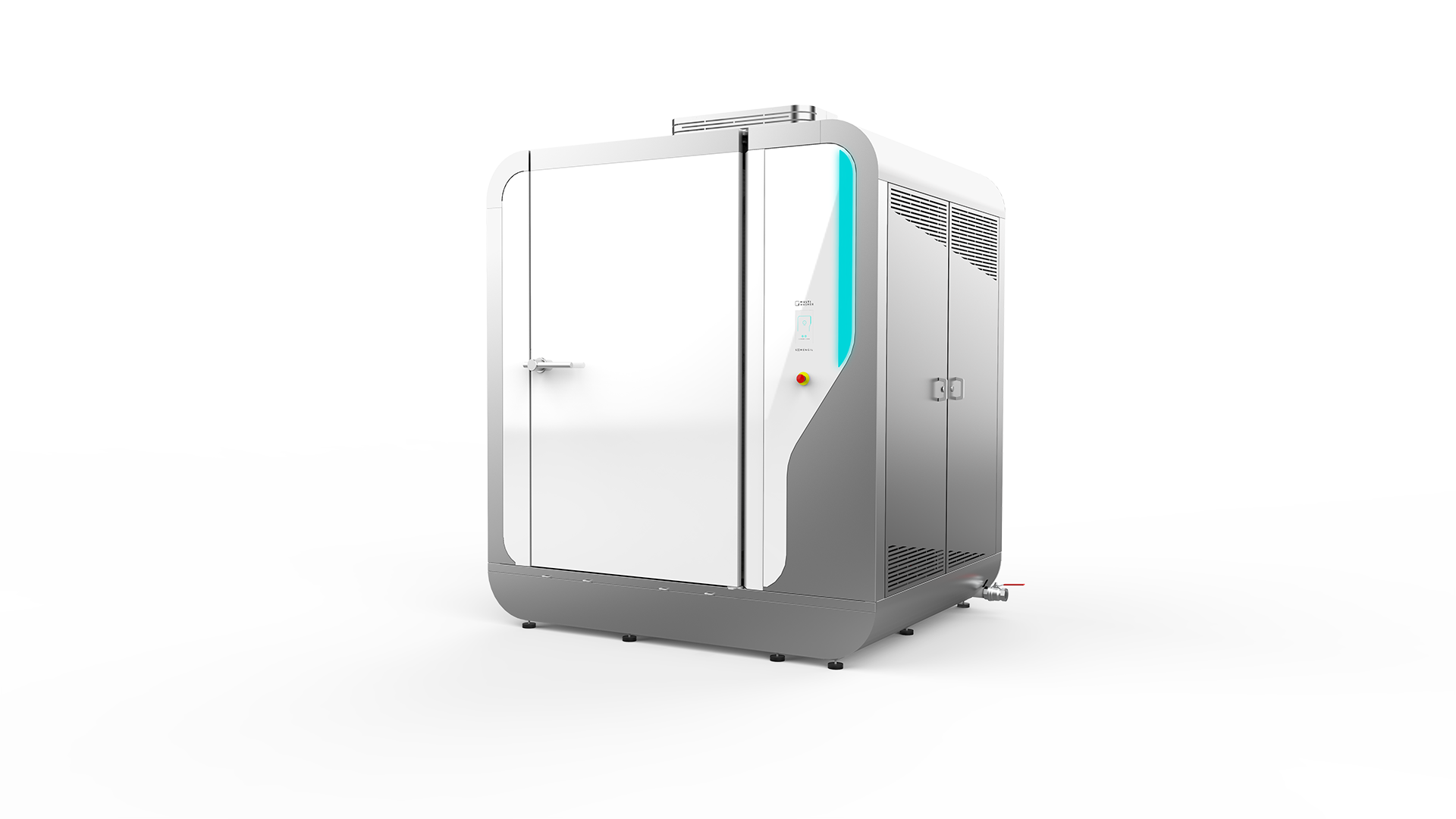
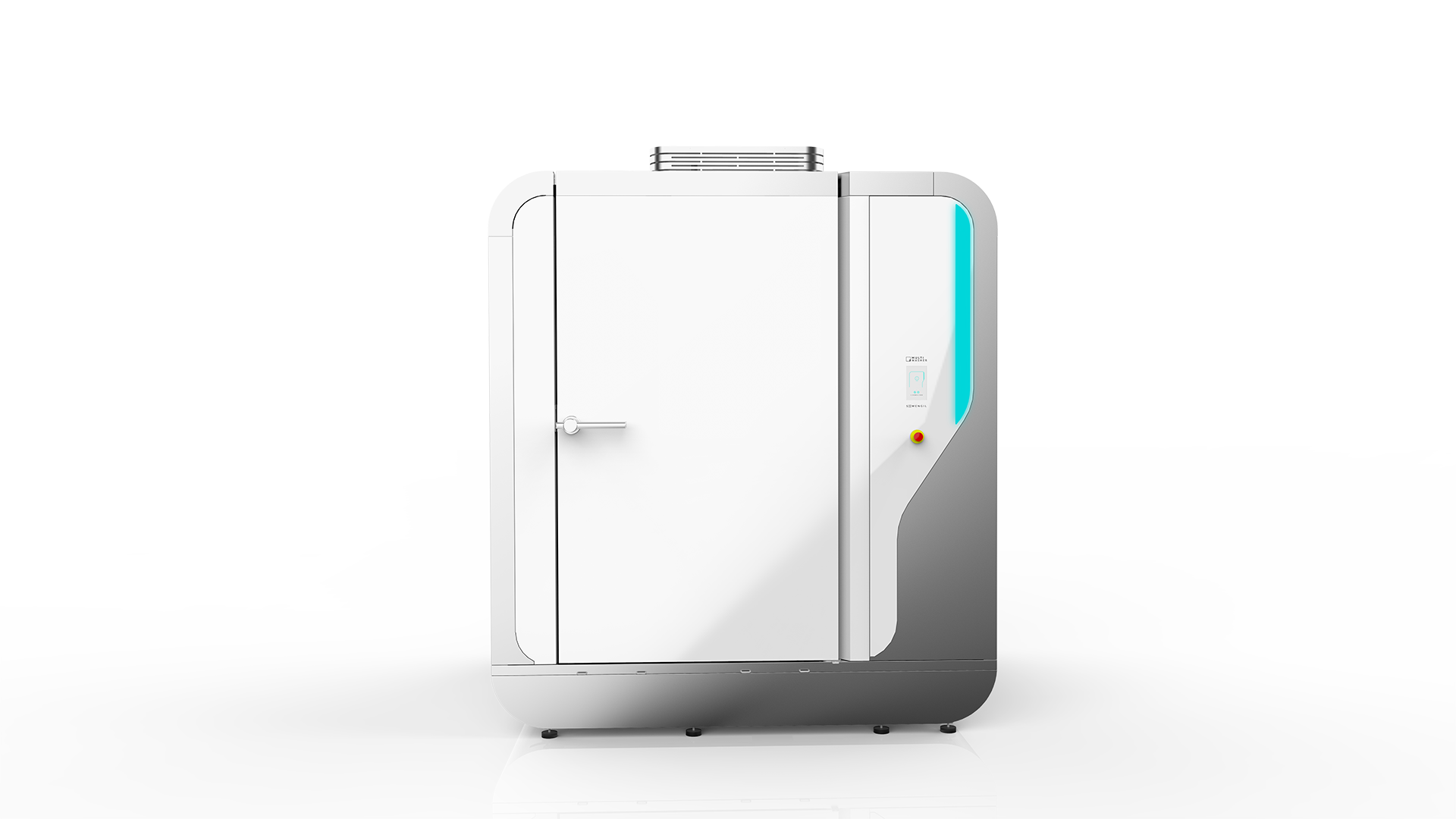
 Portugal
Portugal United Kingdom
United Kingdom United States
United States France
France Spain
Spain Germany
Germany Romania
Romania Italy
Italy Czech Republic
Czech Republic Finland
Finland Hungary
Hungary Slovakia
Slovakia Greece
Greece Lithuania
Lithuania South Korea
South Korea Russia
Russia Saudi Arabia
Saudi Arabia Poland
Poland Brasil
Brasil Hebrew
Hebrew